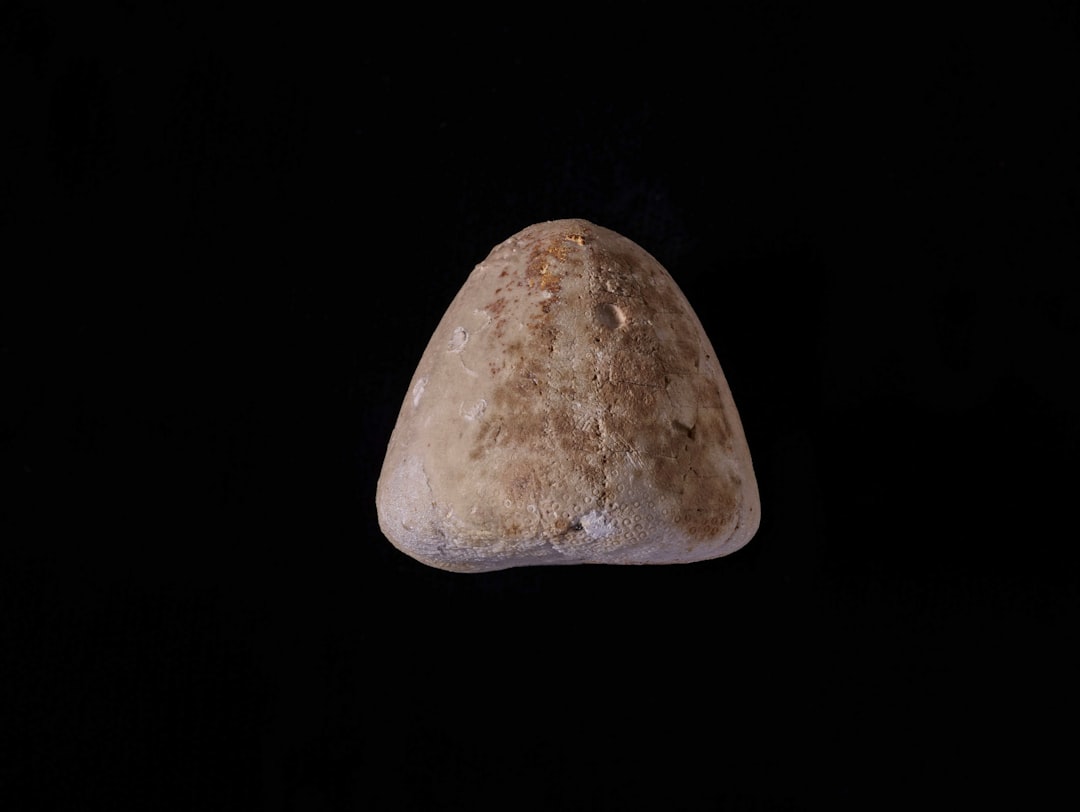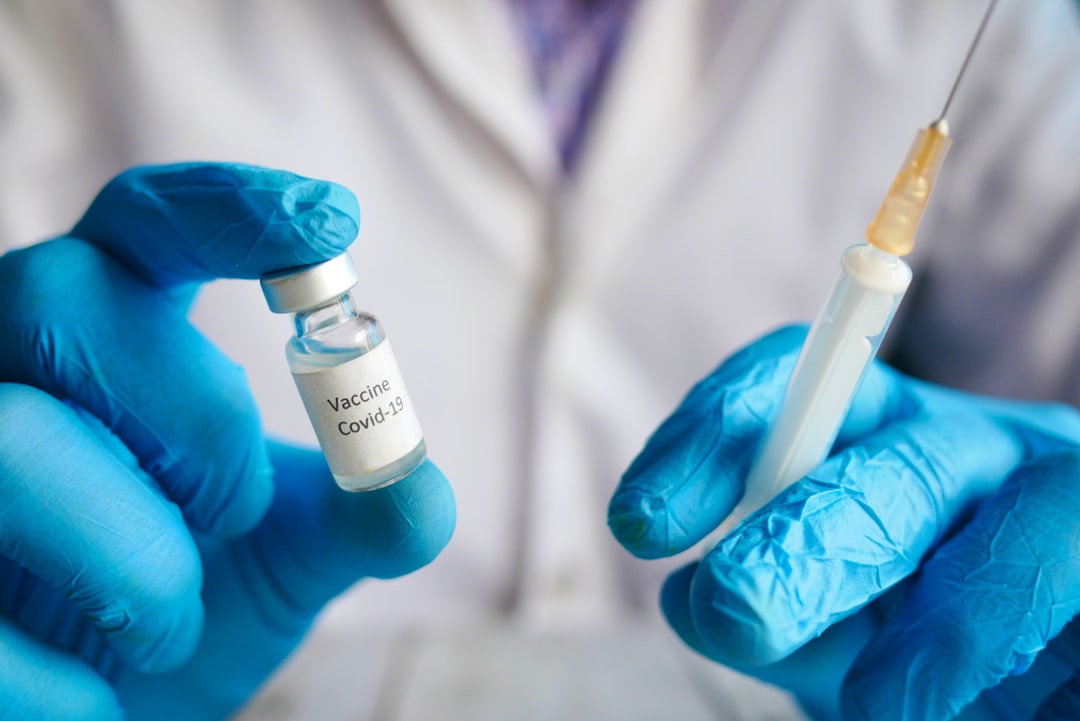
Stunting in Indonesia affected 30.8% of children under five years old – almost eight million children
in 2018. This makes it a highly troubling policy issue. The government has designed several
central and local government interventions to reduce stunting. For example, some programs aim
to create awareness of best practices for feeding children and improving sanitation facilities.
While these interventions increase the availability and improve the use of food, they do not do not
adequately address the inaccessibility of food in Indonesia, which is the result of high consumer
prices for basic food commodities.
While Indonesia managed to improve its ranking in the Global Food Security Index, moving from
76th place in 2015 to 65th in 2018, Indonesia still scores below the global average on several
indicators, including protein quality, micronutrient availability, sufficiency of food supply, and
food consumption as a share of household income.
This paper finds a significant correlation between food prices and the incidence of stunting. In
order to secure sustainable access to nutritious foods, trade policies that cause higher food
prices need to be reviewed because they undermine the effectiveness of the government’s
efforts to reduce stunting.
First, MOT Regulation 1/2018 Article 16(1) needs to be revised. This regulation grants BULOG a
monopoly on rice imports. Allowing other firms to compete with BULOG will make the rice market
more efficient and decrease rice prices. Second, MOT should remove the ban on imported, cheaper
beef to traditional markets, which is stipulated in MOT 59/2016 Article 19. And then there is also
Article 9 limits beef imports to state-owned enterprises, increasing bureaucratic procedures and
further reducing access to beef, and so should also be reviewed. Safeguarding food safety should
be the responsibility of the technical supervision by the MOA, which is not limited to state-owned
firms. Third, MOT Regulation 21/2018 Articles 3(1) and 3(2) which regulate maize imports should
be removed as they are causing higher maize prices and consequently higher production costs
for the poultry industry, which in turn leads to higher prices for chicken meat and eggs.



